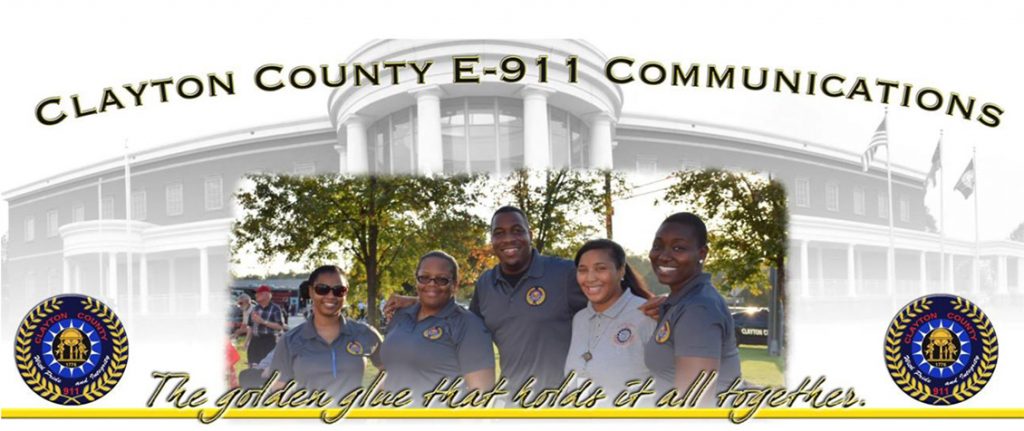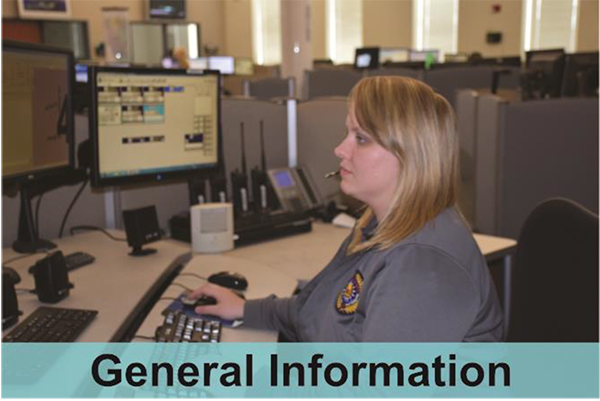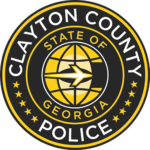E911

The Clayton County Police Department E911 Communications Center receives and dispatches emergency and non-emergency calls for police, sheriff, fire and emergency medical services.
The E911 Communications Center is staffed by state-certified communications officers who are trained to answer and process 911 and other emergency telephone calls and dispatch public safety responders using state-of-the-art communications equipment
These communications officers are also trained to correspond with communication impaired callers using TDD technology. We are also able to converse with and people with language barriers of all types using the AT&T language line.

The Clayton County E911 Communications Center is staffed by state-certified telecommunicators who are also trained in Emergency Medical Dispatch (EMD) and CPR. EMD training is a national certification and helps our telecommunicators better assist the citizens of Clayton County by providing medical instructions before an ambulance gets on the scene. The Clayton County E911 Communications Center handles approximately 7,352 emergency calls a week and approximately 6,514 non-emergency calls weekly. This breaks down to approximately 1,050 emergency calls in a 24-hour period along with 930 non-emergency calls taken in the same period. We are also trained to communicate with communication impaired callers using TDD/TTY technology.
What is an Emergency?
What type of incidents should be reported to 911?
What type of incidents should NOT be reported to 911?
How do I handle my unauthorized alarms?
An unauthorized (false) alarm occurs when your monitoring company calls E911 Dispatch to request police or other emergency personnel to respond to your alarm location, and there is NO tangible evidence of forced intrusion, criminal activity, fire or medical emergency, or similar occurrence found by the emergency responder. The purpose in Article III is to regulate the installation and use of alarms systems, to establish standards for control of and maintenance of the various alarm systems that are intended to bring about emergency personnel response, and to provide for user fees and penalties for violations. Property owners, tenants and/or management companies are considered alarm users where any alarm system is installed and activated. Current name and contact information is required by this enforcement agency for any alarm system located in the jurisdiction of the Clayton County Police Department. No annual registration fee is currently required.
Only (3) police responses to false alarms are allowed within the consecutive 365-days prior to the date a false alarm occurs. Exceeding (3) false alarms in side period will result in charges as follows:
- 1 – 3 false alarms in consecutive 365 days prior to the date of false alarms: No Charge
- 4 – 6 false alarms in consecutive 365 days prior to the date of false alarms: $25 per dispatch
- Any alarms over (6) alarms in consecutive 365 days prior to the date of false alarms: $50 per dispatch



